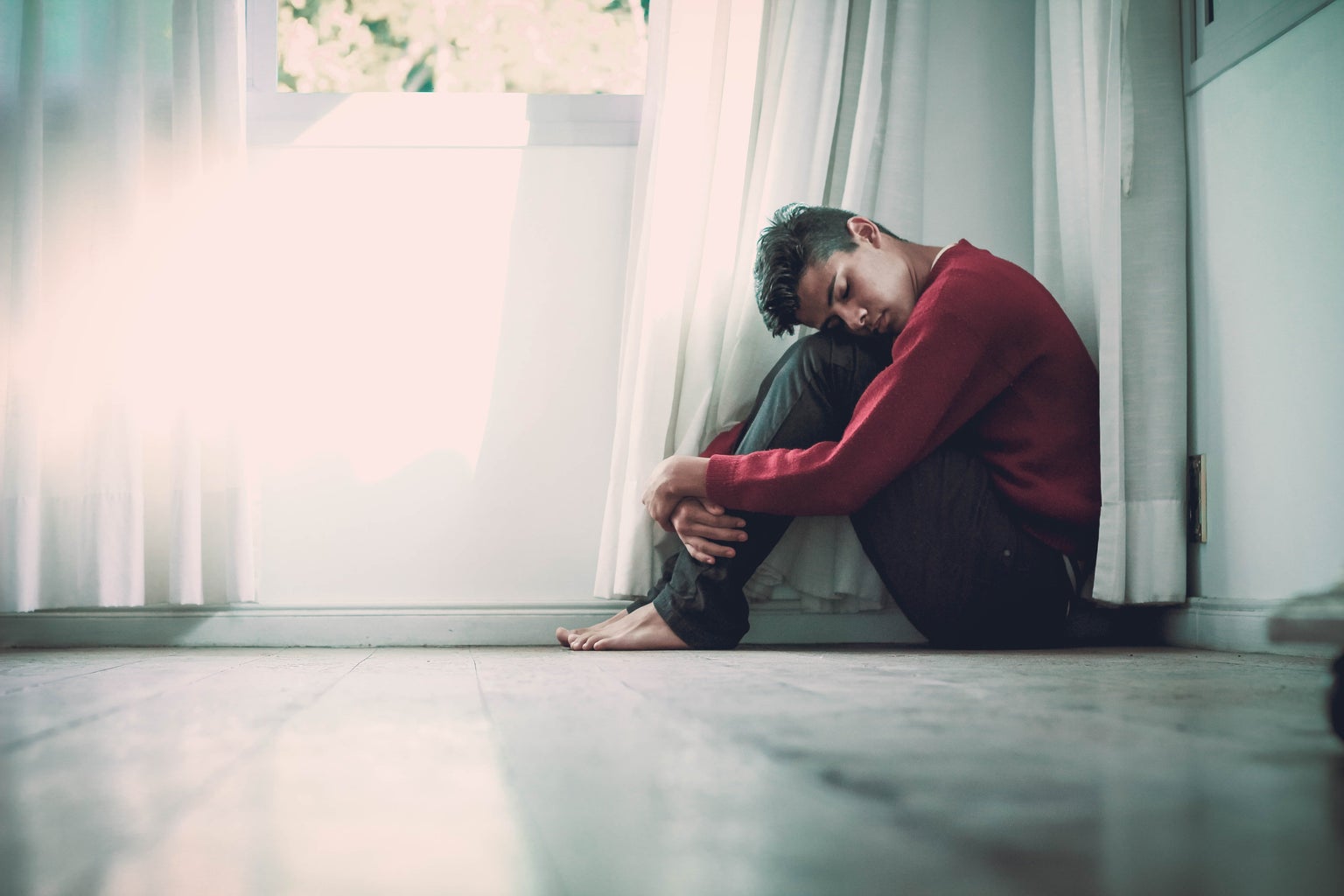As the conversations surrounding gender continue to evolve, men have the need and responsibility to insert themselves as active agents within it. We need to deconstruct our notions about gender and the social structures that have been placed to exclusively benefit us, that can also function to our detriment. This contradiction largely goes unnoticed among men; conversations between men (particularly cis men) about male as a gender category are few and far between, at least from my experience.
I’ve taken the time to reflect on my place as a man in society and how I’ve benefited from a unequal system. These reflections have made me ponder over the male gaze and how I have come to develop certain behaviors in order to satisfy it. In the context of feminist theory, the male gaze refers to the portrayal of women as sexual objects for the pleasure of men and the depiction of the world from a masculine and heterosexual perspective. This imposes a need for people, particularly women, to present themselves as attractive and consumable by men.
Patriarchal standards are ingrained into people through social conditioning and oftentimes go unaddressed as such. My reflections have led me to identify how my consistent anxiety and insecurity in needing to be seen as attractive were rooted in the engravement of the male gaze in my mind. The constant stress over my appearance, the way I dress and the way I act around men: all are rooted in the imposition of the belief of male validation as something of utmost need. In a way, I was imposing the male gaze upon myself. I perpetuated patriarchal conventions by turning them against me.
It turned into a cycle, because the insecurities created by it only caused me to spiral into this male gaze-pleasing mindset even more. I still find myself processing how my self-image was affected by this need to appeal to men and admit that said anxiety creeps in every now and then. But, through some deep introspection, I’ve been able to have the epiphany that we’re not responsible for how we are physically perceived by other people, and people have no right to determine how we present ourselves.
My deconstruction of what it means to be a man in society continues, driven by the need for healthy conversations about male as a gender. As established before, to deconstruct masculinity and eradicate the patriarchy, men need to have these conversations and actively seek to do away with these structures. This should happen as we understand how differently they affect women and other marginalized communities.
Men have a tendency to dismiss conversations about gender equity, as it represents a questioning of the authority that society has provided them with. But ultimately, the patriarchy fails us. We are ultimately pushed to fit into norms and expectations. It’s a complex conversation to have because we also need to recognize that we benefit from it. That is the first step towards changing the definition of masculinity to something better, for everyone. We owe society that.




